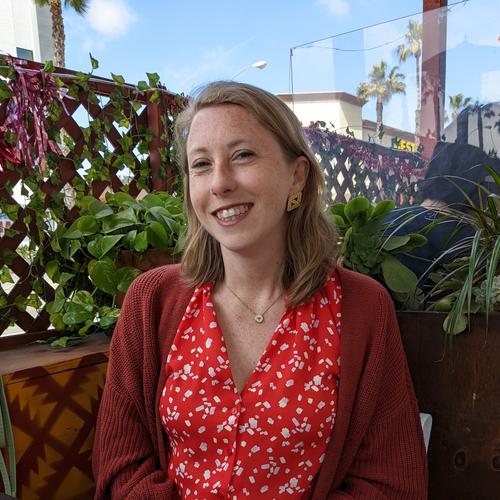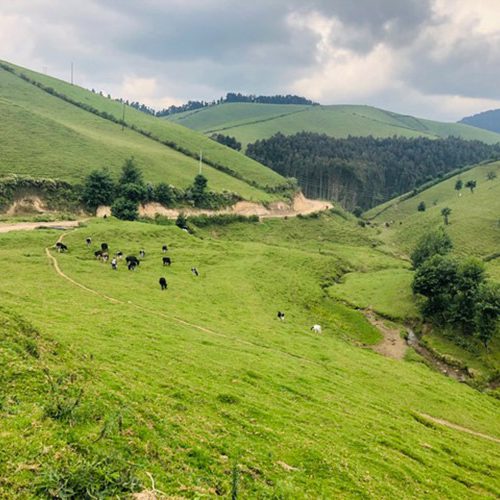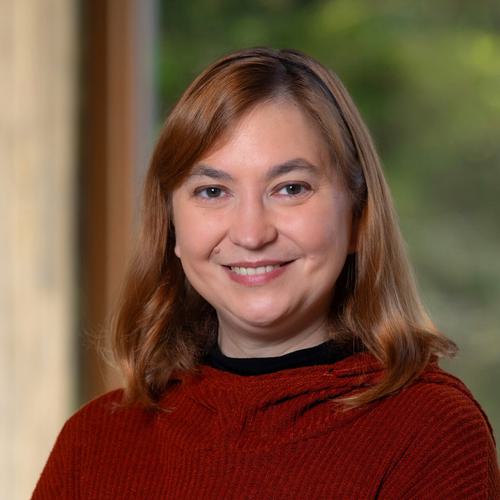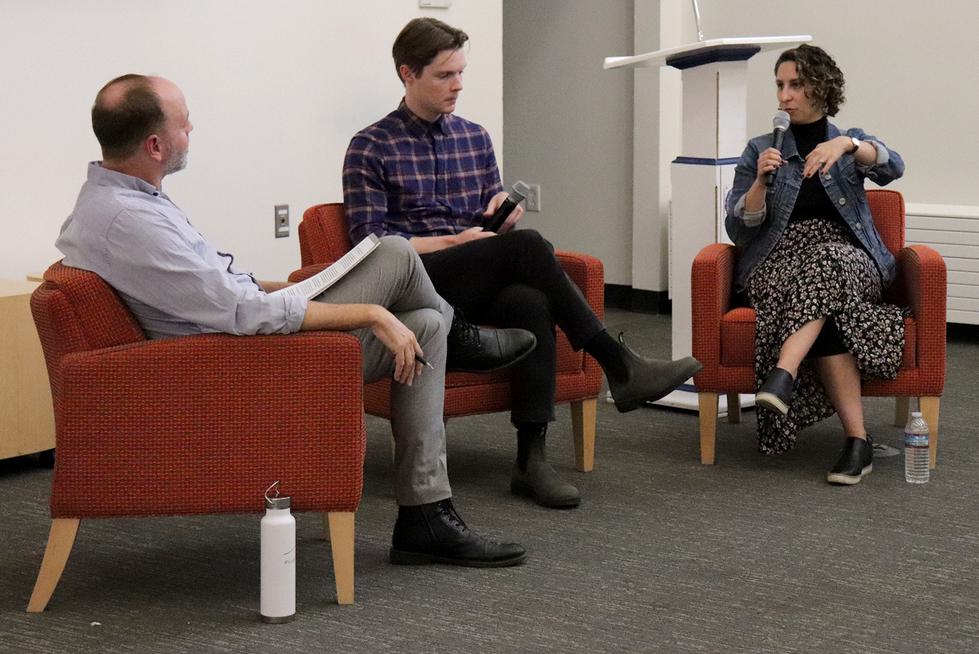Anthropology
Academic Department Introduction
Anthropology explores the diversity and commonalities of the human condition across the world, throughout time. Anthropologists work in faraway places and at home, examining the contemporary moment as well as the distant past. The field is inherently multicultural and multidisciplinary. It covers history, archeology, biology, and social and cultural studies. Our students gain a profound understanding of human nature and the role of culture in everyday lives, including their own. Our faculty carries out research in Nepal, the Balkans, Bolivia, Sudan, Iceland, Central Asia, and Wellesley, Mass.
Learning goals
- Learn the basic features of human prehistory, as represented through material and fossil remains.
- Practice methods used in anthropological field research, including the excavation of archaeological sites and the construction of ethnographies.
Programs of Study
Anthropology major and minor
Students will gain an understanding of how human cultures vary in their social institutions and practices across time and space.
Course highlights
Between East and West - A Prehistory of Central Eurasia
ANTH216
-
Advanced Theory in Anthropology
ANTH301
This course traces a series of conversations in theory and method in anthropology from a broadly thematic perspective. It provides students with a foundation for situating contemporary anthropology and its many theoretical approaches and debates by tracing the field's historical development. It examines the social context in which various "paradigms" took hold and the extent that they gained traction, were critiqued and discredited, or were reconfigured and reinvigorated. We will explore the development of contemporary theory as internal to the discipline and as a response to changing intellectual climates and social milieus. Our discussions will be aimed at identifying both shifts and continuities in the thematic foci, methodological stance, and guiding concerns of the discipline. -
The Politics of Nature
ANTH265
In this course we will consider the historical, social, and political life of nature in its many guises and from an anthropological perspective. What is the relationship between resource control and the consolidation of power? How have social movements and development agencies mobilized ideas of participatory conservation to achieve their goals, and how have these same concepts been used to exclude or to reproduce inequality? We will explore themes such as the relationship between race, nature, and security; intellectual property and bioprospecting; and the lived effects of the many “green,” “sustainable,” and “eco-tourism” projects now attracting foreign travelers around the world. Additionally, the course will introduce students unfamiliar with socio-cultural anthropology to ethnographic research methods, ethical dilemmas, and the craft of ethnographic writing. (AFR 264 and ANTH 265 and ARTH 264 and ES 265 are cross-listed courses.)
Research highlights
-

In collaboration with Wellesley colleagues, Professor Adam Van Arsdale is constructing a virtual reality (VR) evolutionary anatomy lab, which enables students to access, explore, and interact with human skeletal anatomy and the human fossil record in ways that are not possible in the “real” world.
-

Professor Susan Ellison’s research links debates about democracy, foreign aid, justice, and trust to lived experiences of violence and financial insecurity. Ellison’s book, Domesticating Democracy: The Politics of Conflict Resolution in Bolivia (Duke University Press, 2018), received the Bryce Wood Book Award from the Latin American Studies Association and the Association of Political and Legal Anthropology book prize in critical anthropology.
Beyond Wellesley
Beyond Wellesley
Careers of anthropology graduates include health care, K–12 education, and higher education. Recent employers include Massachusetts General Hospital, Americorps, and MIT.
Recent Employers

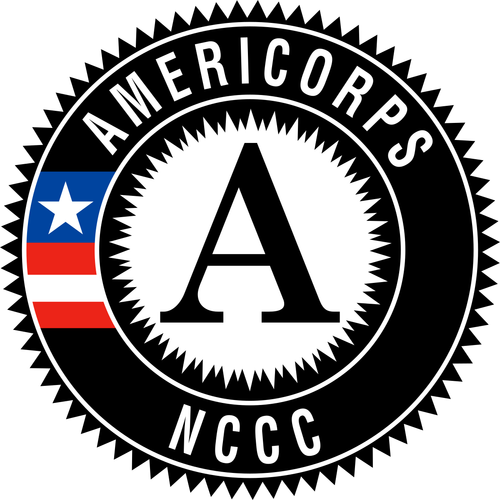




106 Central Street
Wellesley, MA 02481







